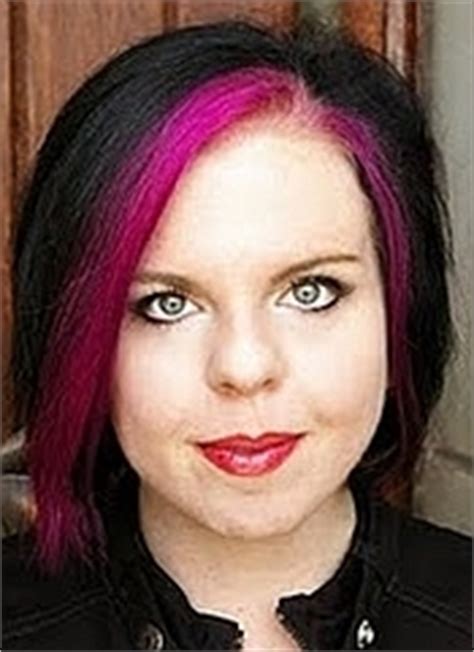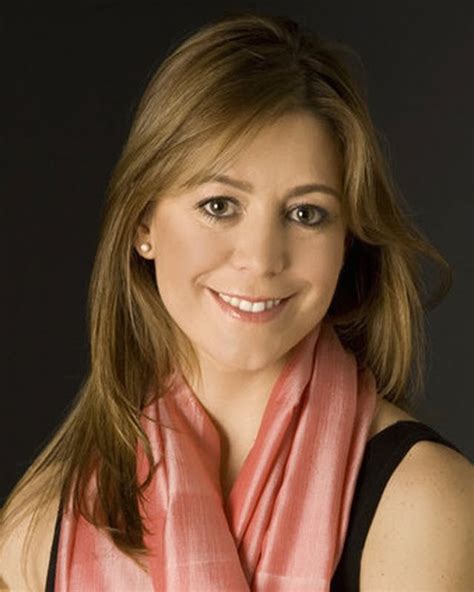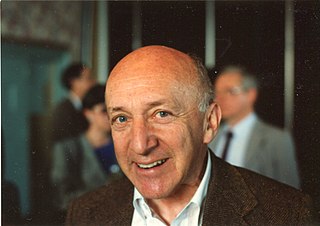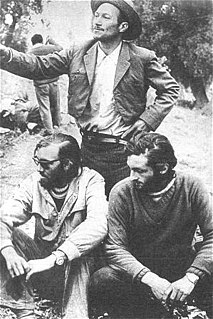A Quote by Charles M. Schulz
In the Book of Life, The answers aren't in the back.
Quote Topics
Related Quotes
I keep looking for ultimate answers, but maybe there aren't any or maybe I'm not looking in the right places, because in the section marked ANSWERS in the back of my geometry book, there's only a bunch of numbers, and all I can find to stare at in the refrigerator is five carrots and a jar of no-fat mayonnaise.
A book is a map. There will be times in your life when you will feel lost and confused. The way back to yourself is through reading. There is not a problem in existence that has not been eased, somewhere and at some time, by a book. I want you to remember that.The answers have all been written. And the more you read, the more you will know how to find your way through those difficult times.
One of the big misapprehensions about mathematics that we perpetrate in our classrooms is that the teacher always seems to know the answer to any problem that is discussed. This gives students the idea that there is a book somewhere with all the right answers to all of the interesting questions, and that teachers know those answers. And if one could get hold of the book, one would have everything settled. That's so unlike the true nature of mathematics.
We ask the leaf, "Are you complete in yourself?" And the leaf answers, "No, my life is in the branches." We ask the branch, and the branch answers, "No my life is in the root." We ask the root, and it answers, "No my life is in the trunk and the branches and the leaves. Keep the branches stripped of leaves, and I shall die," So it is with the great tree of being. Nothing is completely and merely individual.
Comparing what we're looking for misses the point. It's wanting to know that makes us matter. Otherwise we're going out the way we came in. That's why you can't believe in the afterlife, Valentine. Believe in the after, by all means, but not the life. Believe in God, the soul, the spirit, the infinite, believe in angels if you like, but not in the great celestial get-together for an exchange of views. If the answers are in the back of the book I can wait, but what a drag. Better to struggle on knowing that failure is final.
I think life is simpler than we tend to think. We look for answers and more answers. But there are no answers. Things happen in life, good things and bad. People say, 'Why did it happen to me?' Well, why not? Some people win the lottery, and others die in a car crash. It happens, and there is nothing we can do about it. The universe doesn't care what happens to you.



































